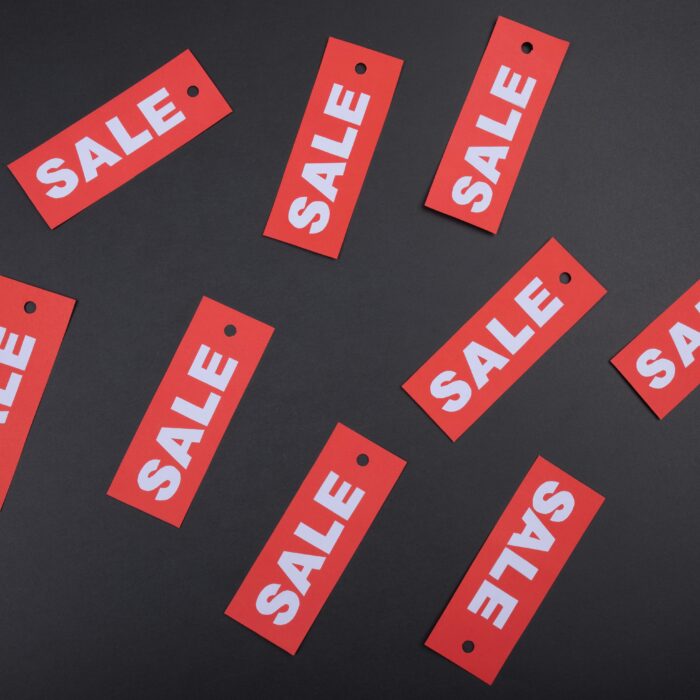Sales tax on personal care and beauty products
by January 8, 2025
If you sell personal care and beauty products to customers in the US, there’s a strong likelihood that you are required to charge sales (well, in states that have a sales tax.)
However, as the health and beauty landscape evolves, or as you broaden your product mix, when to charge and when not to charge sales tax can get a little tricky.
Are personal care items taxable? Usually.
Personal care items like regular non-medicated shampoo and conditioner, breath spray, cosmetics and teeth whitening kits are generally taxable if a state has a sales tax. This is because states generally only choose to exempt tax or charge a different sales tax on items deemed to be “necessities.” And while I think most of us agree that washing our hair is a necessity, that’s not precisely how states think when it comes to exempting products.
However, there are exceptions — some states do consider some personal care items tax exempt. Pennsylvania exempts many personal care items from sales tax, such as toothbrushes and toothpaste, baby wipes, and toilet paper.
Maryland also makes tax exemptions for baby related items like baby oil, baby powder, and diaper cream.
Denture cream is tax exempt in Florida. We’ll let you look at Florida’s demographics and guess why!
The fine line between personal care and medical care
Some personal care products are also, by some state’s definitions, considered healthcare. For example, smoking cessation products are tax exempt in many states, including Florida, Maryland, Minnesota, New Jersey, New York, Pennsylvania, Texas, Vermont, Virginia and Washington DC.
Things like medicated skin products, acne treatment, antibacterial soap, medicated shampoo and medicated lip balm are also tax exempt in a handful of states. In general, states consider products that require a “drug facts” label to also, in some cases, be taxed differently than products that are merely for personal care use.
For example, mouthwash that is simply to keep your breath smelling minty fresh is taxable in every state with a sales tax. But medicated or therapeutic mouthwash is tax exempt in New York, Texas, Virginia and Washington DC. The same goes for regular shampoo versus medicated shampoo (such as dandruff shampoo).
Personal care products and sales tax holidays
Every year around twenty US states declare at least one sales tax holiday. Sales tax holidays are a period of a few days when certain items are tax exempt. They are often used to encourage people to purchase things like back to school clothing and supplies, or to exempt important safety items like generators and tarps for areas prone to hurricanes and other bad weather.
In most cases, personal care items are not subject to sales tax holidays. So, while you may find you can buy a pair of jeans tax free on a sales tax holiday weekend, a tube of lip gloss will still be taxable. But that’s with the exception of Arkansas and Louisiana. Both these states tend to consider most items tax free during sales tax holidays.
How do you get sales tax compliant when selling personal care products?
Here’s what you need to do to make sure you’re collecting and filing sales tax the way the states want you to:
- Determine where you have sales tax nexus and register in those states. To stay on top of where you have liability and therefore have to collect and remit taxes, you’ll need to understand where you have or are approaching economic nexus thresholds.
- Charge the correct rates. Establish rate tables and do your product taxability research, understand jurisdictional boundaries and where those rates apply, and keep up with any changes.
- Aggregate your sales channels in one place. Make sure you’re compiling sales data from every sales channel and be aware of marketplace facilitator laws by state to properly collect and remit taxes.
- File your returns. In the states where you’re registered, be sure to know your due dates, submit your returns and remit any payments necessary.
Ready to automate sales tax? To learn more about TaxJar and get started, visit TaxJar.com/how-it-works.








